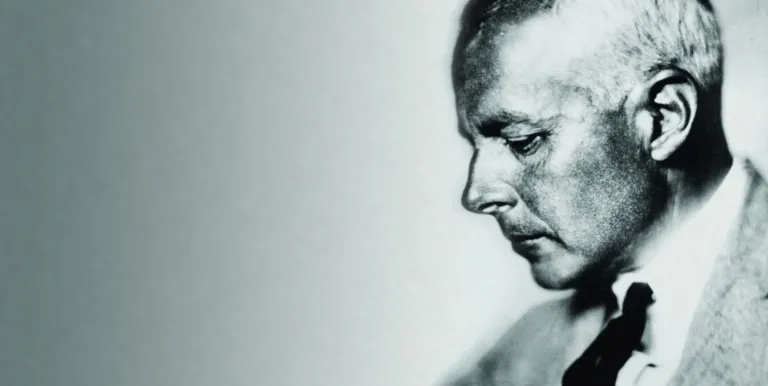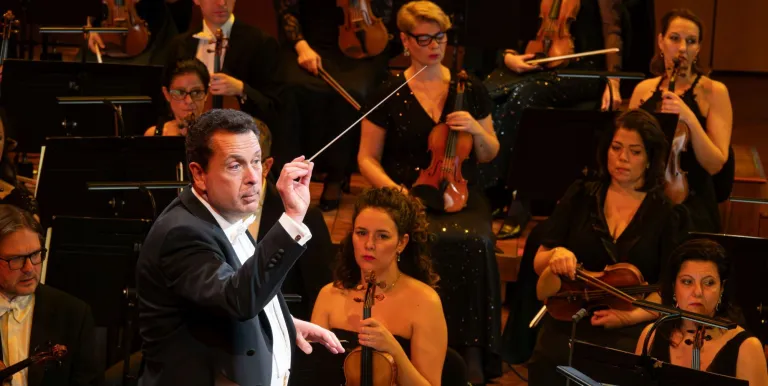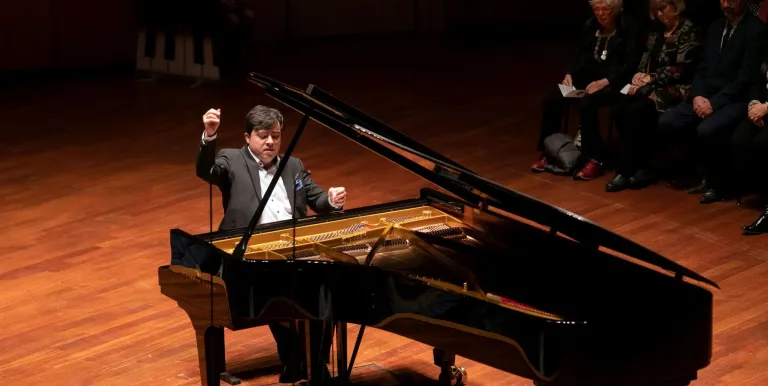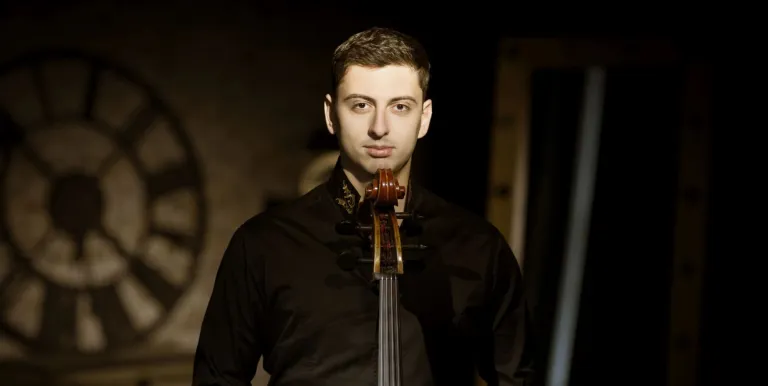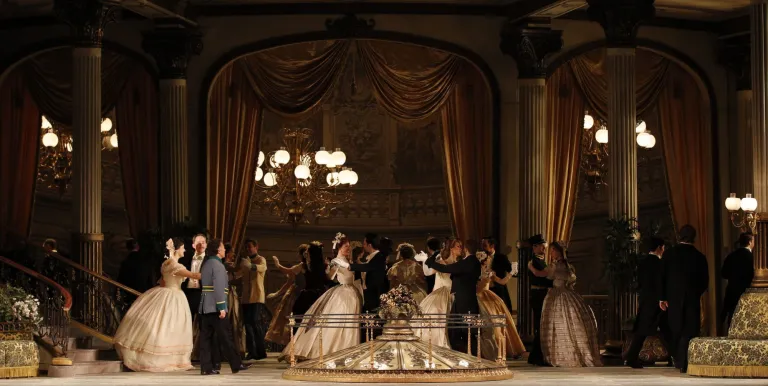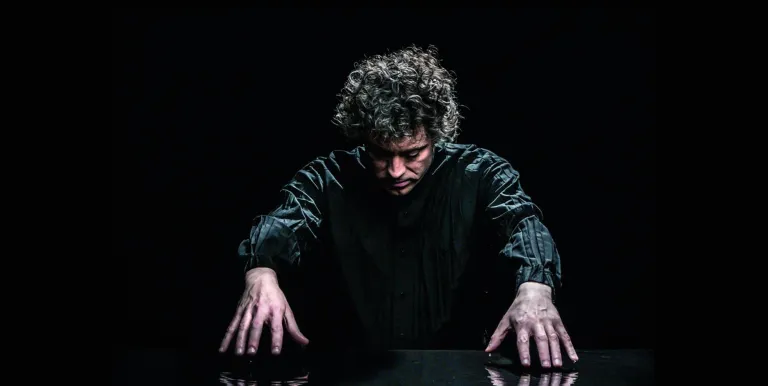Conductor:
Featuring:
Bartók
Rhapsody No. 1 for cello and piano, Sz. 88, BB 94c
Bartók
Kossuth - symphonic poem for large orchestra, Sz. 21, BB 31, DD 75a
Bartók
Violin Concerto ("No. 1”), op. posth. (1907-08; Sz. 36, BB 48a)
Bartók programme of Muzsikás Ensemble and their friends
We would like, even during this extraordinary situation, for the Müpa Budapest audience to still be able to encounter the world's most outstanding and thrilling artists each evening - this time in their own homes. It is precisely for this reason that we will open Müpa Budapest's virtual concert hall and auditoriums - each night at the familiar times - by providing access to a single unforgettable performance from past years.
The performance will be broadcasted on our website and YouTube channel.
This day marks the 140th anniversary of the birth of Béla Bartók, whose artistic output as a composer, pianist and researcher of folk music was of lasting value on a global scale. It was not only in Hungary that his works influenced the thinking of composers who came after him, as he was considered one of the leading figures of 20th-century modernism, with an unassailable position in the history of Western music. For our programme, we have compiled works from previous concerts at Müpa Budapest into a bouquet of interpretations by some of Hungary's finest musicians.
The performance of the Rhapsody No. 1 by László Fenyő and his chamber partners at their 2014 concert provides a glimpse into the composer's mature period, nourished by Hungarian peasant music, while Kossuth (played by János Kovács and the Hungarian Radio Symphony Orchestra) and the youthful Violin Concerto No. 1 (interpreted by Kristóf Baráti and the Zugló Philharmonic - King Saint Stephen Symphony Orchestra under the baton of Gábor Horváth) are two richly imaginative and significant works by a musician closer to the beginning of his career.
In 1903 Béla Bartók wrote his own heroic symphony - inspired by Ein Heldenleben by Richard Strauss - portraying Lajos Kossuth, the towering figure from Hungarian history. By following a plot, the composition bore a great deal of resemblance to the work by Strauss that he had chosen as a model, while it was also not far removed in musical terms from the world of Ferenc Liszt.
Charm, an artistic temperament, powerful musicality and technical bravura. Wunderkind Hungarian violinist Stefi Geyer had all of these attributes and was only in her teens when she and her playing both bewitched Europe and America. Béla Bartók, too, was touched, and he painted her musical portrait in his juvenile Violin Concerto (1907-08). Bartók supposedly completed the two-movement piece on the same day that the girl wrote him a letter to inform him she was breaking up with him.
In the second part of the broadcast, we will evoke Bartók's spirit with a 2015 concert by the Muzsikás Folk Ensemble and friends. The Bartók Album was a milestone for Muzsikás, on which the group - by 'reconstructing” Bartók's experiences as a folk music researcher - evoked the melodies that inspired the composer's works. With the material from this record, the group proved worldwide that Hungarian folk music belongs on the same rank as any other genre in the world's musical culture.
This recording was made at concerts held at Müpa Budapest on 18 November 2014 (Rhapsody No. 1), 13 March 2018 (Kossuth), 28 May 2016 (Violin Concerto) and 15 March 2015 (Muzsikás).
Presented by: Müpa Budapest

